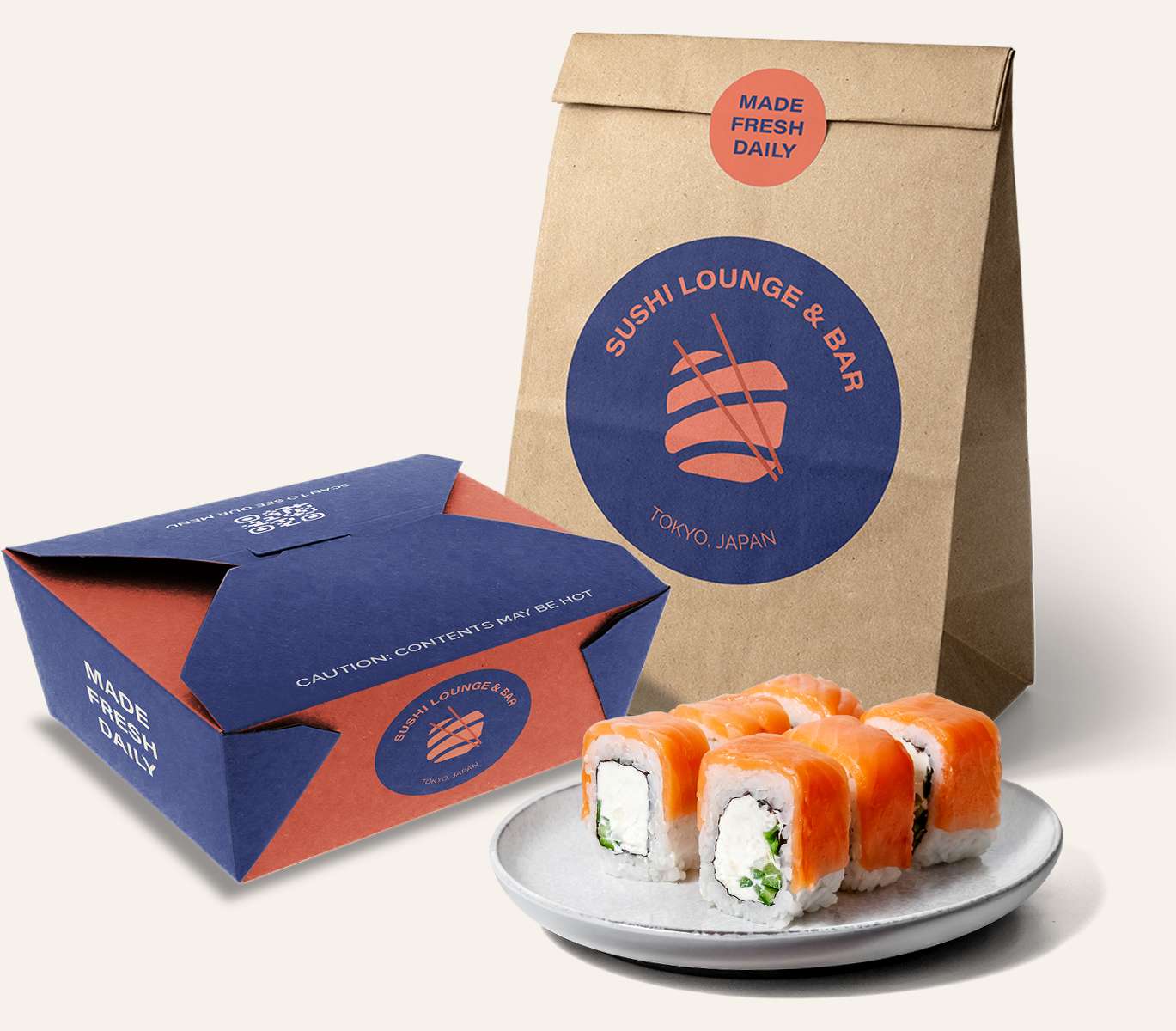Understanding Biodegradable Greaseproof Paper A Sustainable Choice for Our Future
In our rapidly changing world, the need for sustainable alternatives in packaging materials has never been more critical. One such innovation is biodegradable greaseproof paper, a product that combines functionality with environmental responsibility. As consumers become more conscious of their ecological footprint, biodegradable greaseproof paper emerges as a viable option that caters to both industrial needs and consumer preferences.
What is Biodegradable Greaseproof Paper?
Biodegradable greaseproof paper is a type of paper that is designed to resist oil and moisture while having the ability to break down naturally in the environment. Unlike traditional greaseproof paper, which often contains plastics or synthetic coatings that can take years to decompose, biodegradable versions are made from renewable resources. They are usually treated with biodegradable substances that enhance their resistance to grease and moisture, making them ideal for food packaging, baking, and other applications where oil and water resistance is essential.
The Need for Sustainable Packaging
The fight against plastic pollution has gained momentum in recent years. Single-use plastics have been prevalent in various sectors, including food service and retail, contributing significantly to environmental degradation. The production and disposal of these materials create long-lasting pollution problems, from harming wildlife to clogging waterways. In response, consumers, businesses, and governments are all seeking alternative packaging solutions that lessen environmental impact. Biodegradable greaseproof paper stands out as an innovative option, offering the required properties without the associated harm.
Benefits of Biodegradable Greaseproof Paper
1. Environmental Impact The primary advantage of using biodegradable greaseproof paper is its reduced environmental impact. When disposed of in composting facilities or in natural environments, it can break down within a matter of months, as opposed to the hundreds of years required for conventional plastic-based products.
2. Versatility Biodegradable greaseproof paper is suitable for various applications. It can be employed in packaging for fast food, bakery items, and takeout containers. The paper's grease-resistant qualities allow it to keep food items fresh without leaking, making it a practical choice for food service businesses.
biodegradable greaseproof paper

3. Health and Safety Many biodegradable options are produced without harmful chemicals, ensuring they are safe for food contact. This is becoming increasingly important for health-conscious consumers who prefer products free from toxic substances.
4. Branding and Marketing Opportunities Companies that adopt biodegradable products can enhance their brand image and appeal to environmentally conscious consumers. By showcasing their commitment to sustainability, businesses can differentiate themselves in a crowded market.
5. Compliance with Regulations Governments around the world are beginning to implement stricter regulations regarding single-use plastics. By transitioning to biodegradable greaseproof paper, businesses can stay ahead of legislative changes and avoid potential fines or bans related to plastic use.
Challenges and Limitations
Despite its advantages, there are challenges associated with biodegradable greaseproof paper. The cost of production can be higher than traditional materials, which may deter some businesses from making the switch. Additionally, the performance of biodegradable options can vary based on factors like humidity and temperature, leading to potential issues in certain environments.
Furthermore, consumer awareness is a significant hurdle. Many individuals are unaware of the benefits and features of biodegradable products, resulting in a limited market demand. Education and marketing initiatives are essential to inform consumers about the advantages of choosing biodegradable greaseproof paper over conventional materials.
Conclusion
In conclusion, biodegradable greaseproof paper represents an important step toward sustainable packaging solutions. As the world becomes increasingly aware of the environmental consequences of single-use plastics, the demand for biodegradable alternatives is likely to grow. This innovative material not only meets the practical needs of food packaging and service but also offers a path toward reducing our ecological footprint. By investing in biodegradable greaseproof paper, businesses can contribute positively to environmental conservation, while consumers can make choices that align with their values. The shift towards sustainability is not just a trend; it’s a necessity for the health of our planet. Embracing biodegradable greaseproof paper is one of the many ways we can collectively work toward a greener, more sustainable future.



